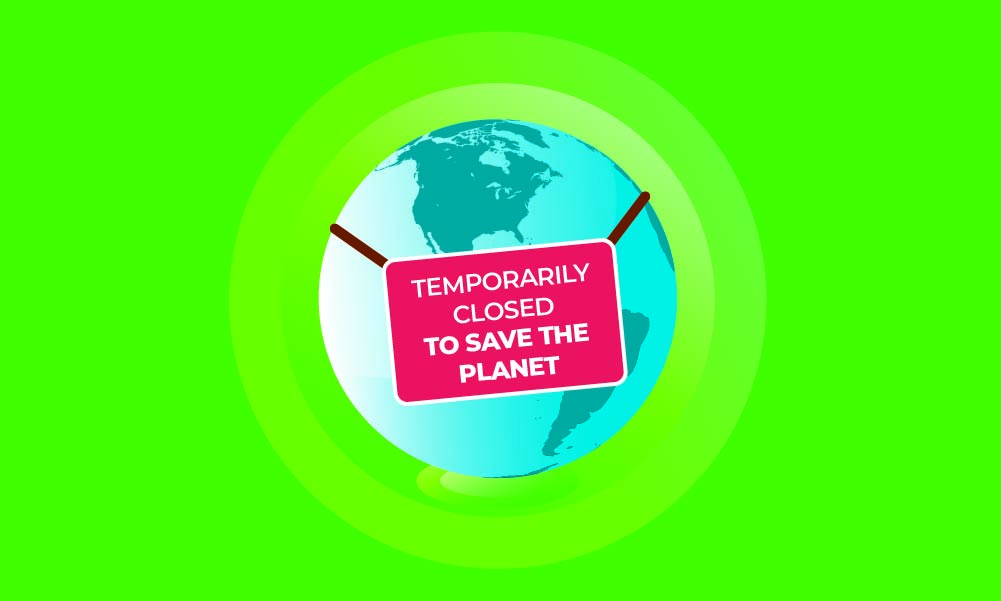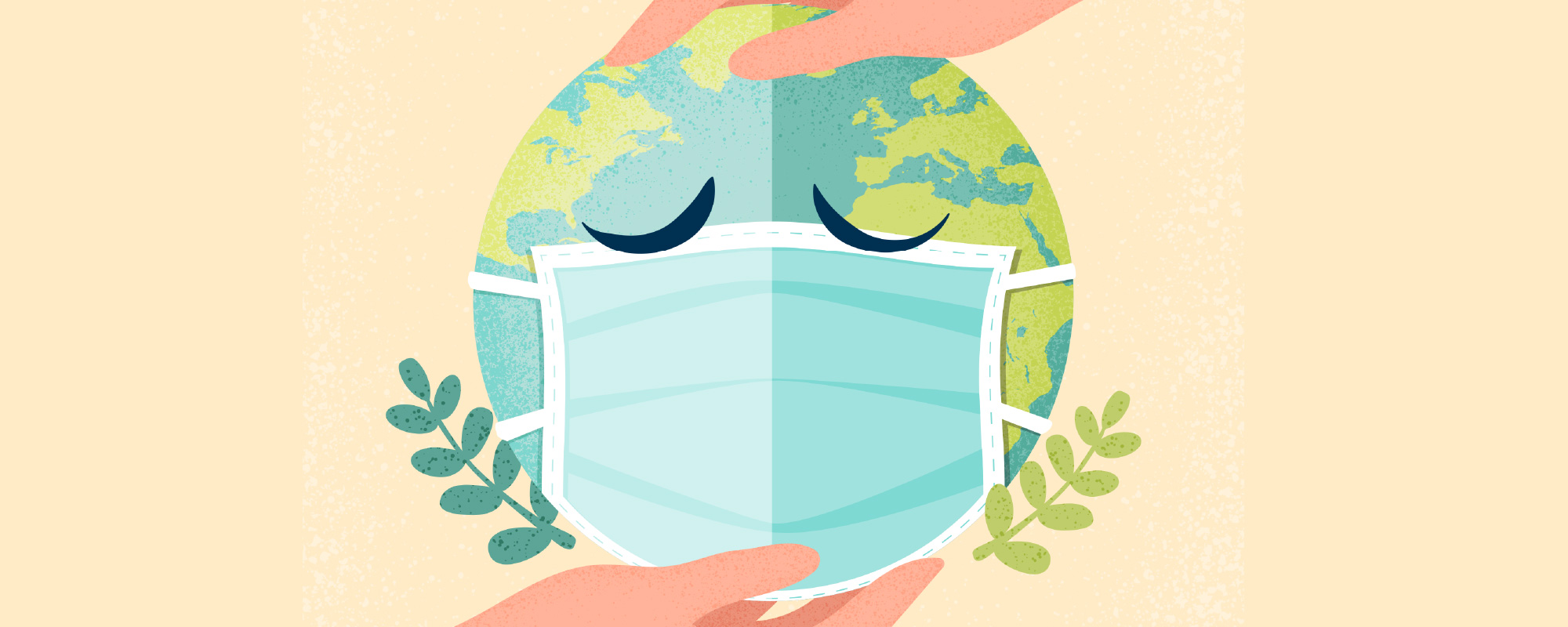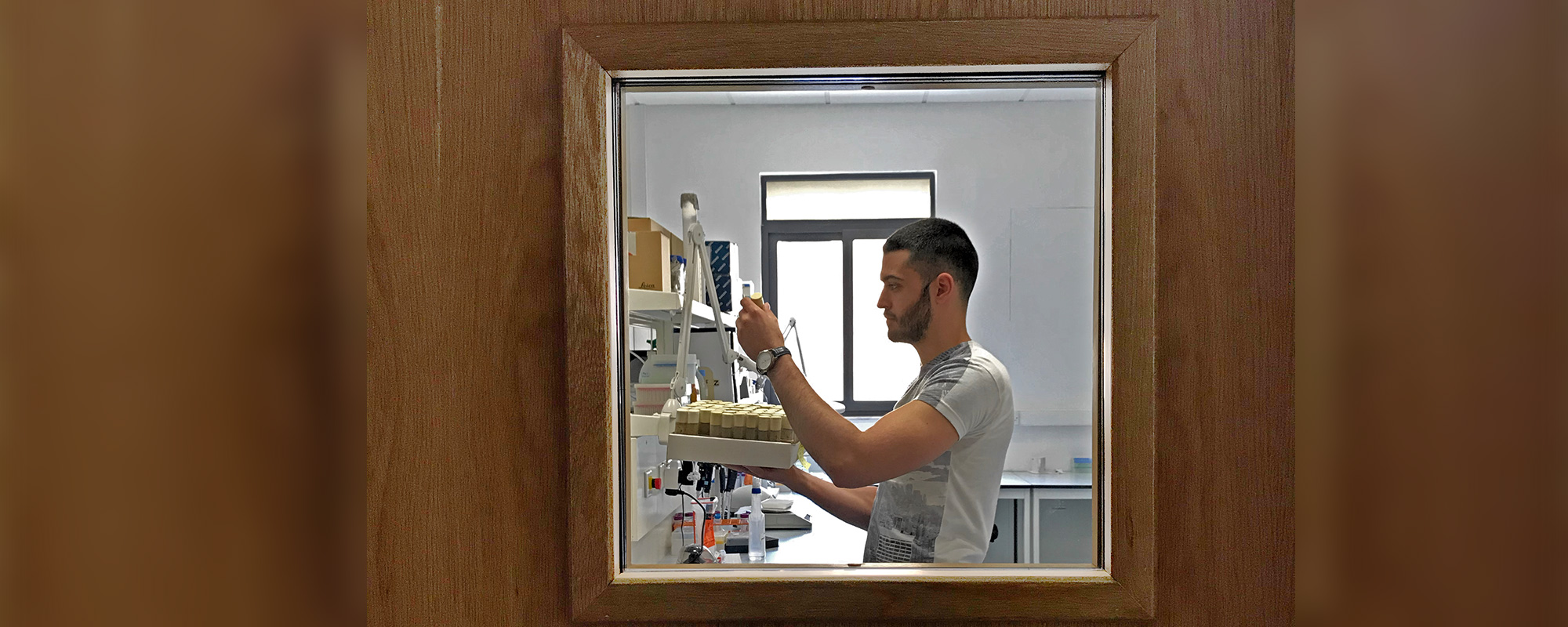As lockdowns spread worldwide and grounded planes crippled international tourism, humanity cut the environment some long-awaited slack. With the climate change debate heating up (proportionally to the planet’s temperatures), THINK investigates what would happen if humanity’s only chance to preserve our planet is a yearly 3-month lockdown?
Continue readingPandemic breather
Barely two weeks of the coronavirus lockdown measures had passed before people started posting images of cleaner waters and purified air over industrial zones; nature was healing in our absence. Some of them proved to be hoaxes, but others helped us imagine a better world. Martina Borg spoke to some of Malta’s leading researchers and environmentalists to make sense of the feel-good news.
Continue readingCOVID-19 Crisis: have we done this before?
Popular wisdom warns that those who ignore history are doomed to repeat it. Will the current COVID-19 pandemic prove the adage true? Cassi Camilleri writes.
Continue readingA precious living library
Author: Dr Ruben J. Cauchi
Fruit flies (Drosophila melanogaster) have helped scientists discover innumerable secrets about humanity. Over 1,000 types of these flies are living at the University of Malta’s (UM) Motor Neuron Disease (MND) Laboratory. Each type or ‘stock’ is unique, and UM researchers have generated the majority of stocks through genetic engineering over the last 11 years. Flies need constant care, fly food needs to be freshly prepared, and stocks must be monitored to avoid overpopulation and sudden death. The COVID-19 pandemic has forced universities worldwide to close campuses, leaving researchers to work and teach from home. But research activities, especially the care of living organisms, have to continue even in the face of a shutdown.
Continue reading



